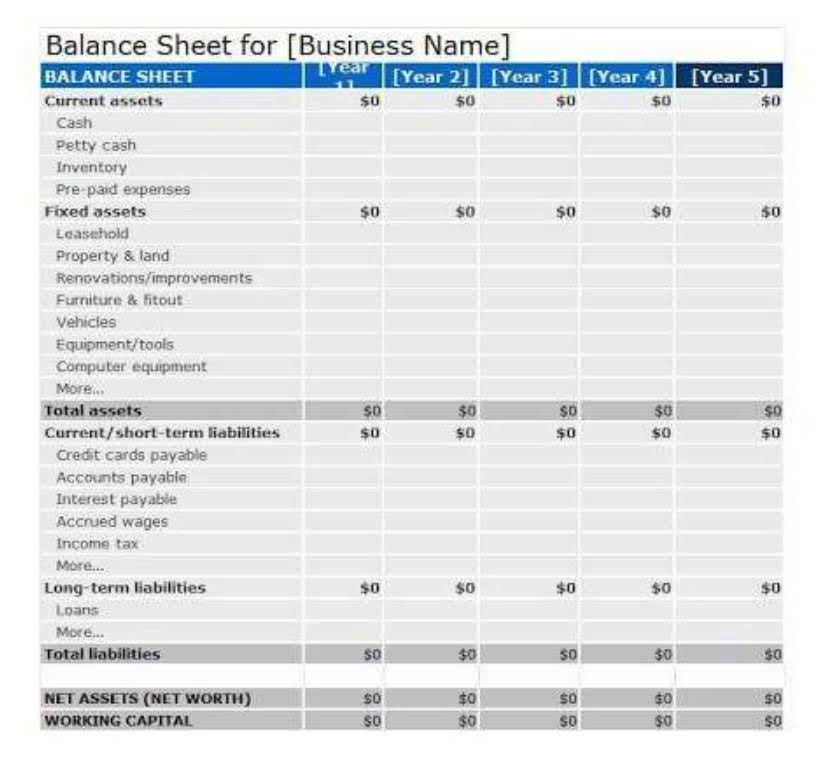
Reviewing your fees can ensure that your practice maintains a higher level of profitability. Thus, hiring someone to keep your books and maintain your financial forms decreases the likelihood that your healthcare agency will have to deal with these types of situations. Investing in technology may save money in the long run but can also require large upfront investments. Meanwhile, investing in a partnership with a PPMC can reduce some upfront investment, as they already have trained staff and the necessary technology to handle medical bookkeeping needs. It is also worthwhile to consider setting up autopay for invoices the medical practice regularly receives. Cloud storage offers higher levels of security than on-site digital storage, reducing the risk of data breaches or accidental deletion of important information.
Control Your Costs
Automated billing systems help providers track payments and income, allowing them to set realistic revenue goals. Tracking payment data and trends helps medical practices understand their financial performance and optimize operations to meet goals. Processing Insurance – after the medical office assistant processes a patients’ medical insurance card, they may ask for a co-payment. Once coded, the insurance claim will go to the insurance company and the remainder of the payment after co-pay is returned to the doctor’s office for services rendered. Much of the claims forms will be transmitted electronically per HIPPA regulations. When you accurately manage your books, you can keep an eye on the health of your medical practice.
Resource allocation and budget management

If you want to know the pulse of your business, make sure to create a schedule for profit and loss statements. When you create these statements, you have an overview of your losses and gains. You can eliminate any discrepancies and decide where to invest your money with that information. While these statements are when performing bookkeeping procedures for a medical office, it is important to not required to operate a medical practice, they will provide you with some insights into your finances. The financial transparency required by physicians and other healthcare professionals to make educated decisions about the expansion and development of their practice is provided by effective bookkeeping.

Payroll and human resource management
On a personal level, they can lead to overdraft charges, utilities being shut down short-term, and a little bit of shame as you call your creditors and explain what happened. Financial statements can let you decide as to which departments are most profitable, so maybe that’s where you should focus most of your budget on. It can also tell you if you are spending too much on staff, which may lead you to make cutbacks to lessen expenses. If you can provide a list of expenses, no matter how small, to your bookkeeper, he or she will be able to provide a breakdown of the money that you spend based on the period that you want. This will give you a real understanding of what is gain and what is loss, and help you run your practice more efficiently from a financial perspective.
- This includes creating and interpreting critical financial documents such as balance sheets, income statements, and cash flow statements.
- Although we cover a large range of the providers available, we don’t cover every option available.
- In the fast-paced world of healthcare, where the focus is on patient care, bookkeeping often takes a back seat.
- The medical office assistant at a doctor’s office or medical practice may be responsible for the bookkeeping including accounts receivable and accounts payable.
- While using accrual accounting is common, it is not always the best practice.
Why Medical Practitioners Can Benefits From a Professional Bookkeeper

Along with that, the information becomes more valuable as you gain insights into your business. Once you have a clearer picture of your financial health, you can make those decisions that boost profitability. For the medical industry, accrual accounting is the most common form of bookkeeping.
- Automation and technology are both beneficial when it comes to bookkeeping for medical practices — provided they are used to your advantage.
- However, bookkeeping in the medical office isn’t something you want to overlook.
- The documentation needed for audits, investigations, and legal matters is also important for bookkeeping.
- You can eliminate any discrepancies and decide where to invest your money with that information.
- • Assets – the resources the medical practice owns, acquired during a transaction or have a future value that can be measured.
Accrual accounting can be more resource-intensive, often requiring experienced accounting staff or external accounting services. Cash basis accounting is generally easier to manage and requires fewer accounting resources. HIPAA compliance represents a cornerstone of privacy and security in the healthcare sector,…
© harquin bookkeeping andconsulting services, llc.
Budgeting and Financial Planning:

Leave a Reply